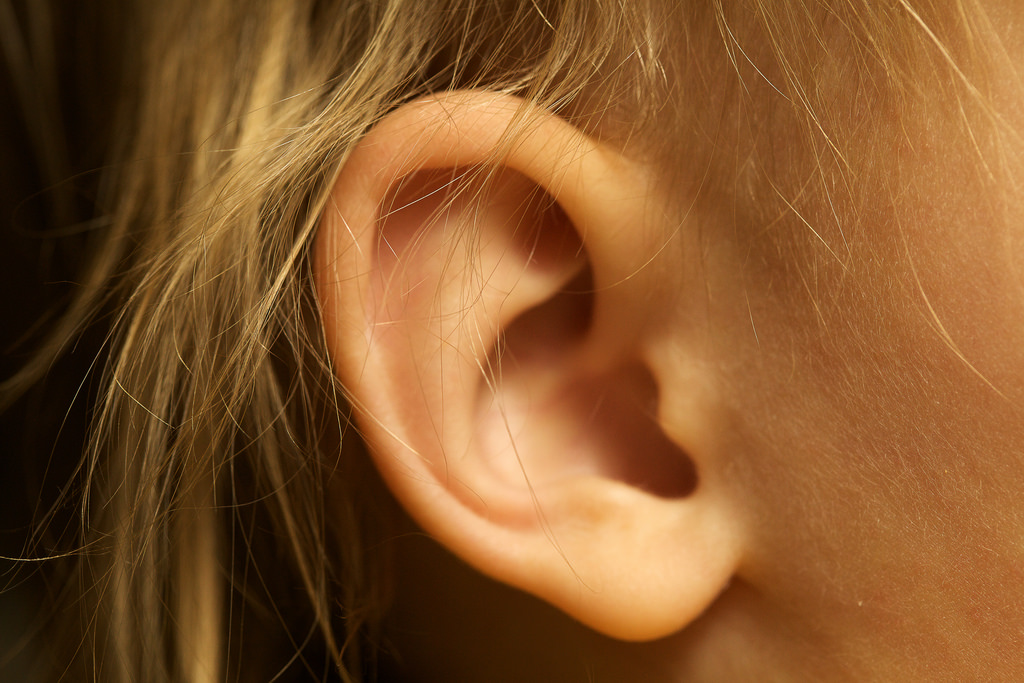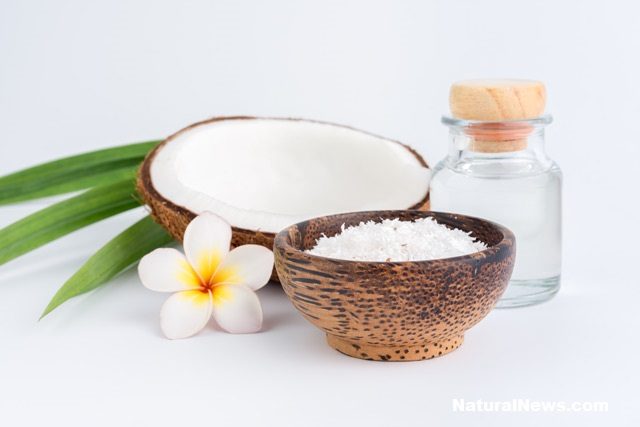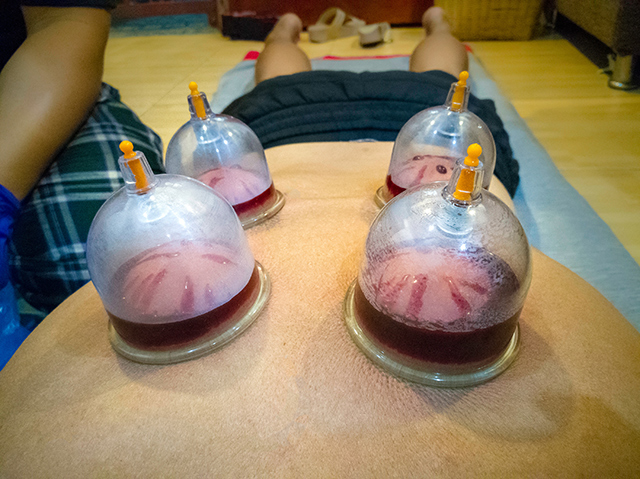New Medicaid health care plan prescribes healing foods as medicine
06/30/2018 / By Isabelle Z.

The relationship between food and health is a strong one, as study after study has illustrated. The wrong foods can make us ill, and eating the right ones can cure some problems better than any medication ever could. When we read about the latest study touting the benefits of a balanced and wholesome diet, the path to good health seems so clear. Yet many people keep eating what they’ve always eaten while taking the pills their doctor prescribes them and wonder why they’re not getting any better.
It’s easy to blame the healthcare system in America, and there are a lot of things wrong with it. Finally, however, it looks like some plans are actually heading down the right path in this regard. Instead of lining Big Pharma’s pockets and giving people drugs that will only make them need even more drugs, some health care plans have started offering people healing foods instead of ineffective, toxic pills.
Kaiser Health News reports that Health Partners, in conjunction with a small group of insurers, have started offering members meals that have been planned with improving their health in mind. The company is paying for more than 2,100 of its members to be delivered 560,000 meals tailored to problems like kidney failure, heart disease, and diabetes.
The nonprofit responsible for preparing and delivering the foods is known as the Metropolitan Area Neighborhood Nutrition Alliance, or MANNA. Everyone in the household is given the meals so that family members can support patients who are trying to establish better habits. They typically get three meals per day in six-week cycles, and the investment appears to be paying off.
Those who eat these free meals are learning about healthy eating, and they’re gaining control over conditions like diabetes. This is reducing their hospital visits and their medical costs. Although it’s not known precisely how much it’s costing the health plan, experts’ estimates place it at less than $15 per day for each member.
Health Partners CEO William George applauded the effort and said the results have been very promising. He stated: “We wanted to see how this would work out and we are quite pleased that with the cooperation of our members we did see a dramatic reduction in their costs … and improved outcomes.”
Are healing foods the future of health care?
Now, other insurers are following suit, with Aetna and two others adding these benefits for Philadelphia-area enrollees. Two dozen long-term care plans managed by Medicaid in New York have been giving patients medically-tailored meals from the nonprofit God’s Love We Deliver, while Medicaid in California recently kicked off a three-year pilot project that sees several thousand people with chronic illnesses getting healthy meals.
A recent study published in Health Affairs showed that Massachusetts Medicaid recipients who got tailored meals for at least six months noted fewer hospital admissions and ER visits and lower health spending than those who didn’t receive the food. Another study, which looked at 622 high-risk Medicare patients who were given specially tailored meals from the Maine Medical Center, found a drop in hospital readmission rates of 38 percent over two years and cost savings in excess of $200,000.
Right now, these programs aren’t part of the standard benefits in Medicare or Medicaid. Even though the few programs that do exist have been successful, they’ve been met with some public resistance to the idea of the government providing “free food.”
Those involved in the program say that telling people to exercise and eat healthy isn’t enough as many people simply don’t know enough about to nutrition or lack the access or funds to eat healthy foods. Many low-income neighborhoods have lots of fast food restaurants but are short on stores that offer fresh produce and other healthy groceries.
Nutritional counseling is also part of the program as everyone can’t be fed for free forever. The goal is to teach people how they can make healthy choices and prepare their own nutritious meals. If this type of program eventually becomes commonplace, the potential to improve public health is huge. Read FoodCures.news for more coverage of food as medicine.
Sources for this article include:
Tagged Under: food, food as medicine, food cures, healing, healthy meals, MANNA, medicaid, Medicare, natural remedies, nutrients, nutrition, nutritious food, prevent disease, prevention, reverse disease




















